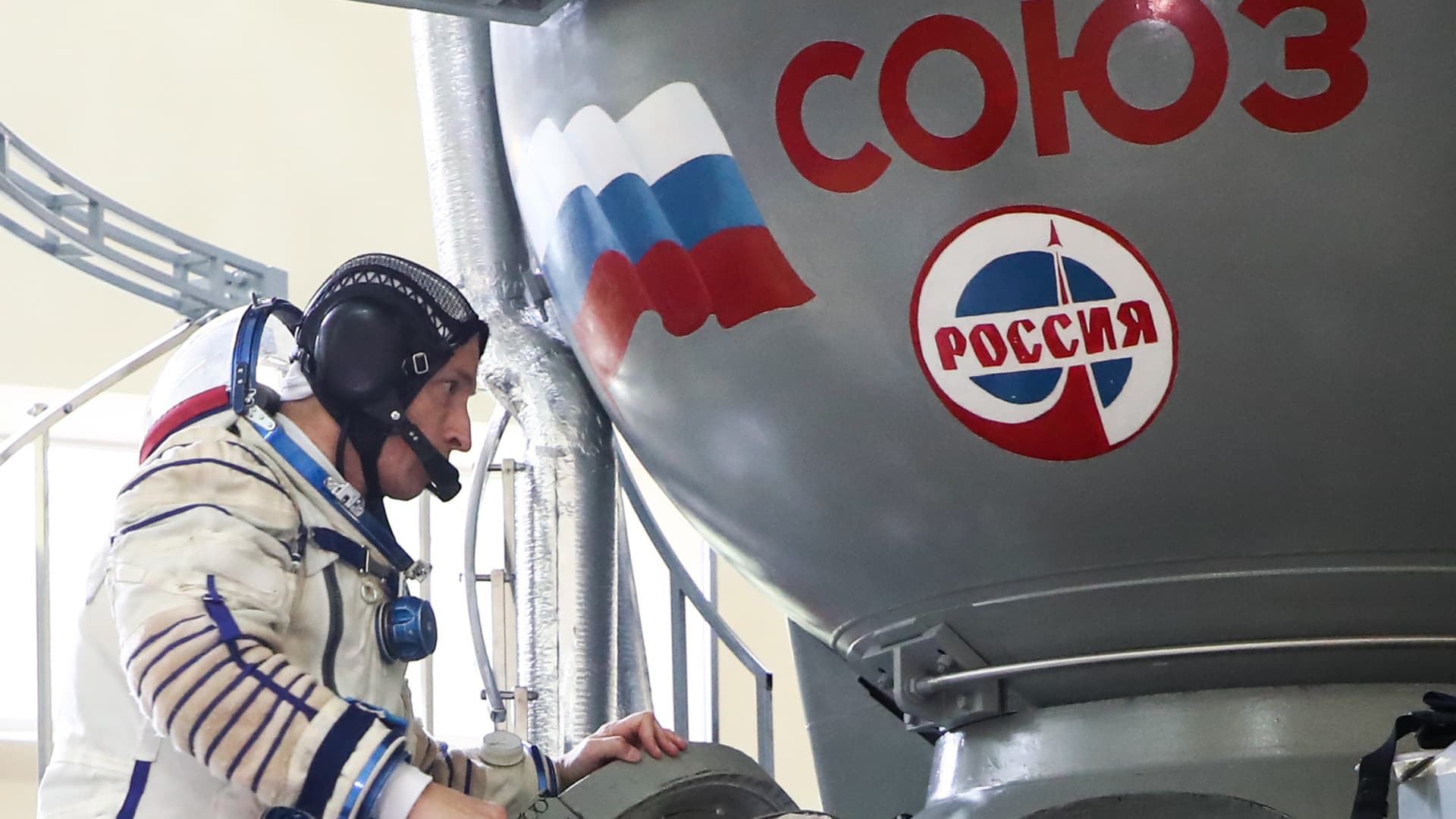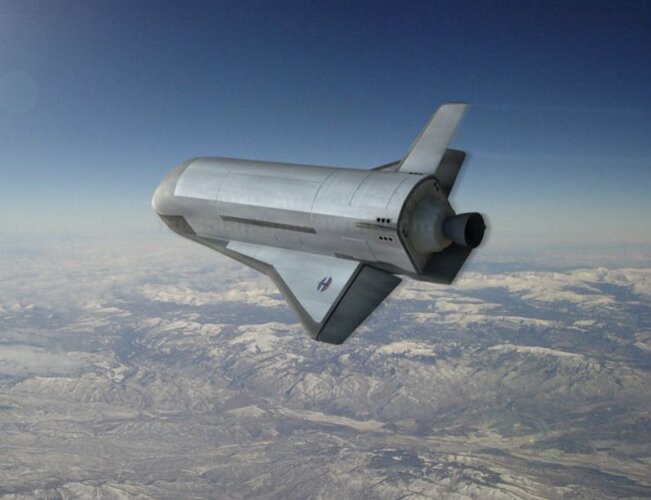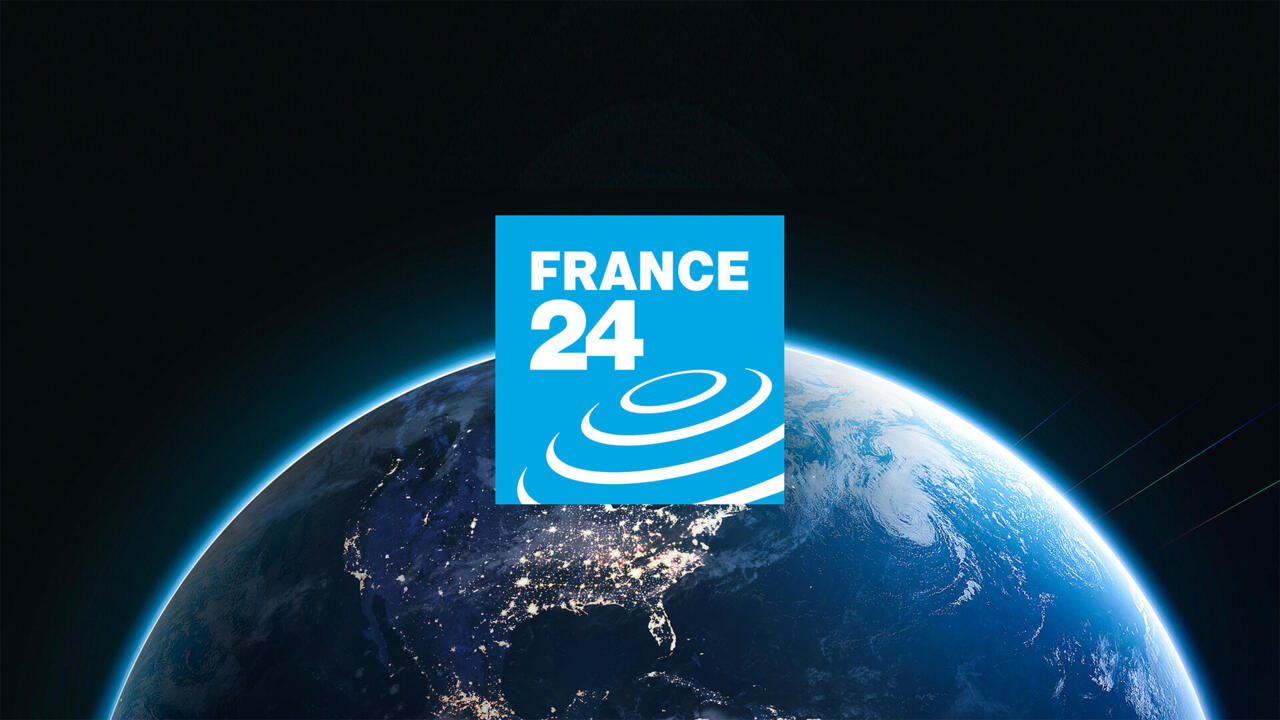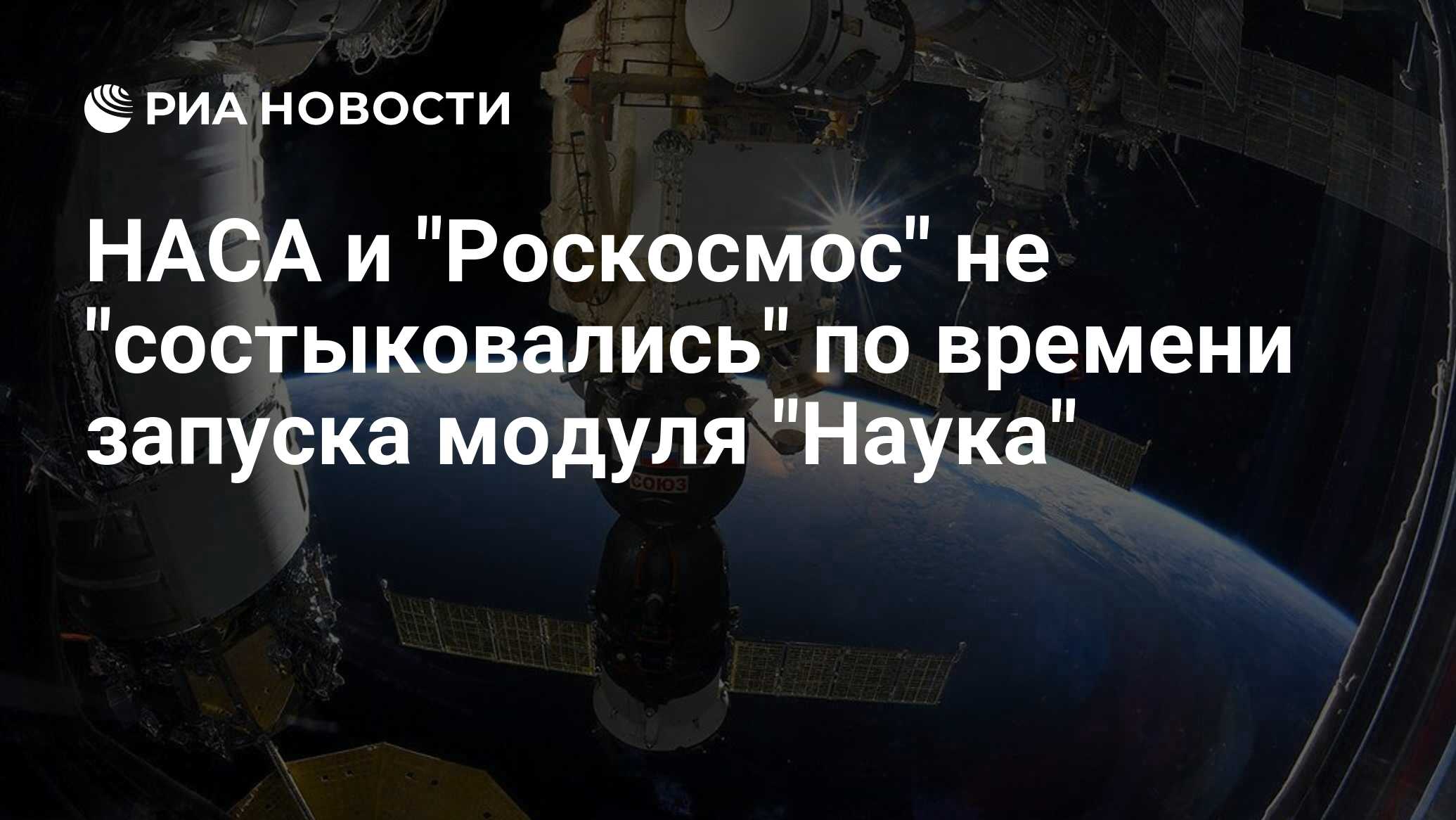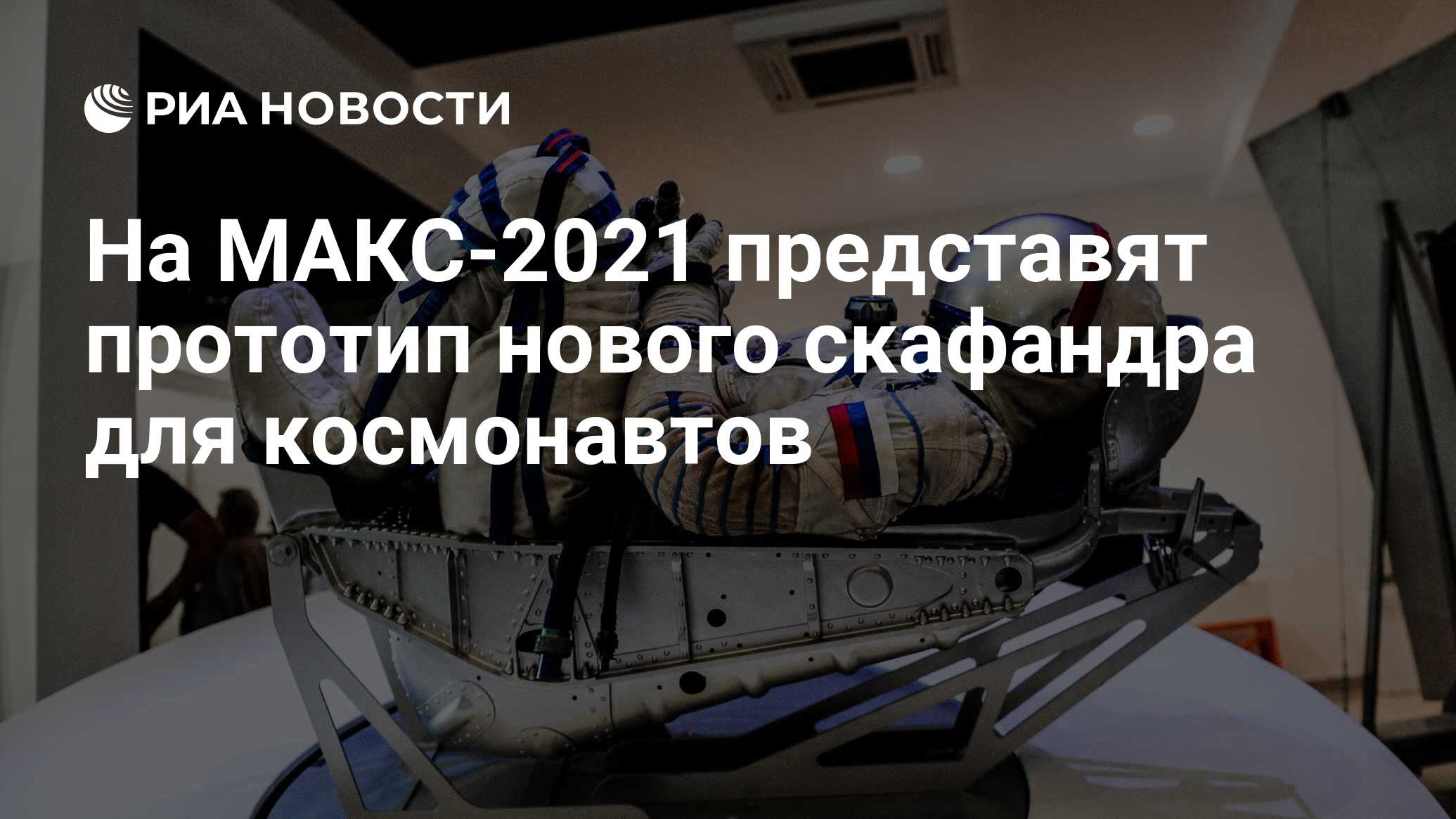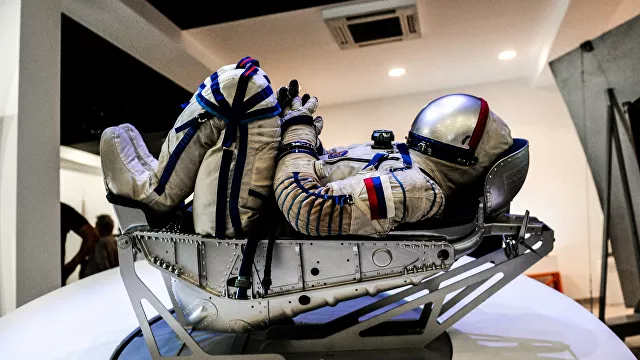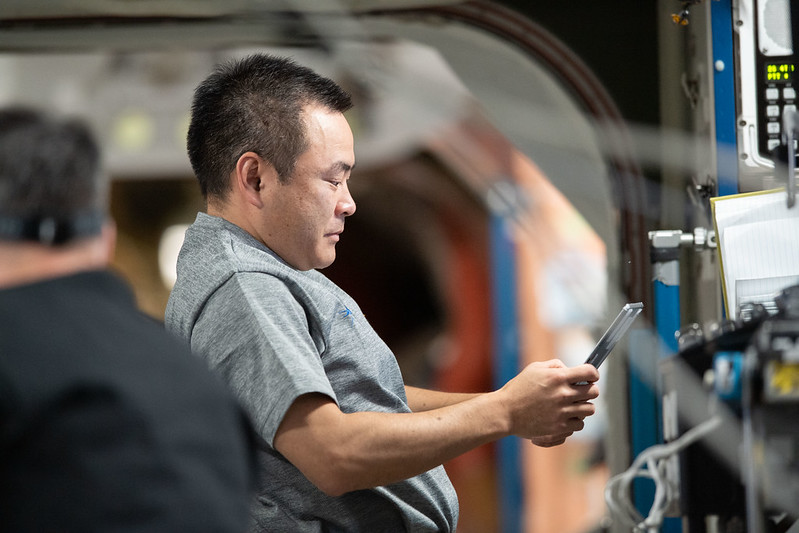- Joined
- 21 January 2015
- Messages
- 10,660
- Reaction score
- 12,286
05/20/2021
The "Science" module is equipped with the European manipulator ERA
At the Baikonur cosmodrome, the program of factory control tests of the Nauka laboratory module of the Russian segment of the International Space Station is being completed. In workshop No. 104 of the assembly and testing building of the site No. 254, specialists from the Energia Rocket and Space Corporation named after SP Korolev (part of the Roscosmos State Corporation) and the European Space Agency completed the technological operations for the final installation of the European Robotic Arm (ERA) manipulator on the body of the new module.
The autonomous relocatable manipulator ERA manufactured by the German company Fokker Space is part of the standard electromechanical maintenance equipment of the Nauka module. As the main manipulator of the Russian segment of the station, it will ensure the installation and removal of target loads on the surface of the station and monitoring the state of the outer surface of the station, as well as remotely controlled movement of astronauts on a portable workstation during spacewalks. In accordance with the work schedule, during the installation of the ERA on the transport fixation units, a high-precision control of the position of the manipulator in the folded configuration and complex tests of the fixing means on the module case were carried out.
Further work on the technical complex will be carried out by specialists from RSC Energia and the Yuzhny Space Center (a branch of the Center for Operation of Ground Space Infrastructure Objects, part of Roskosmos) as part of regular preparation for launch. During this period, it is planned to install solar panels, place the delivered cargo and control weighing of the module, assembly of the space warhead, refueling the module's tanks with propellant components and general assembly of the Proton-M space rocket.
Laboratory module "Science" is a research module of the Russian Segment of the International Space Station, developed by RSC Energia named after S.P. Korolev in cooperation with the State Research and Development Center named after M.V. Khrunichev (part of Roscosmos) in order to expand the functionality of the Russian segment of the ISS.

 www.roscosmos.ru
www.roscosmos.ru
The "Science" module is equipped with the European manipulator ERA
At the Baikonur cosmodrome, the program of factory control tests of the Nauka laboratory module of the Russian segment of the International Space Station is being completed. In workshop No. 104 of the assembly and testing building of the site No. 254, specialists from the Energia Rocket and Space Corporation named after SP Korolev (part of the Roscosmos State Corporation) and the European Space Agency completed the technological operations for the final installation of the European Robotic Arm (ERA) manipulator on the body of the new module.
The autonomous relocatable manipulator ERA manufactured by the German company Fokker Space is part of the standard electromechanical maintenance equipment of the Nauka module. As the main manipulator of the Russian segment of the station, it will ensure the installation and removal of target loads on the surface of the station and monitoring the state of the outer surface of the station, as well as remotely controlled movement of astronauts on a portable workstation during spacewalks. In accordance with the work schedule, during the installation of the ERA on the transport fixation units, a high-precision control of the position of the manipulator in the folded configuration and complex tests of the fixing means on the module case were carried out.
Further work on the technical complex will be carried out by specialists from RSC Energia and the Yuzhny Space Center (a branch of the Center for Operation of Ground Space Infrastructure Objects, part of Roskosmos) as part of regular preparation for launch. During this period, it is planned to install solar panels, place the delivered cargo and control weighing of the module, assembly of the space warhead, refueling the module's tanks with propellant components and general assembly of the Proton-M space rocket.
Laboratory module "Science" is a research module of the Russian Segment of the International Space Station, developed by RSC Energia named after S.P. Korolev in cooperation with the State Research and Development Center named after M.V. Khrunichev (part of Roscosmos) in order to expand the functionality of the Russian segment of the ISS.

Новости. Модуль «Наука» оснащен европейским манипулятором ERA
На космодроме Байконур завершается программа заводских контрольных испытаний лабораторного модуля «Наука» российского сегмента Международной космической станции. В цехе № 104 монтажно-испытательного корпуса площадки № 254 специалисты Ракетно-космической корпорации «Энергия» имени С.П. Королева...


